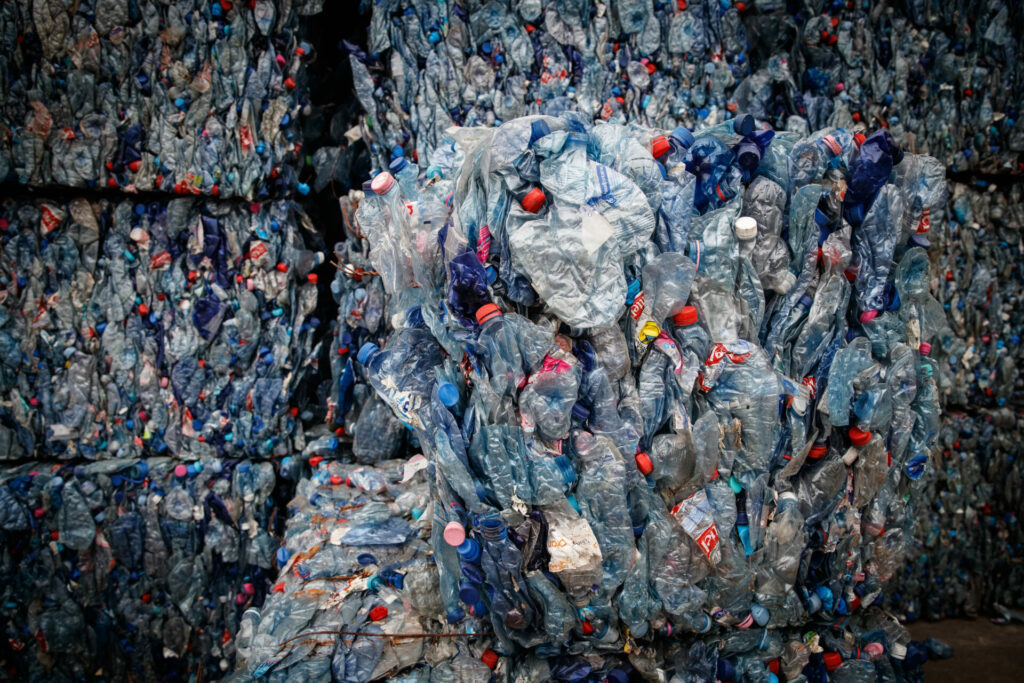The European Commission has proposed a new set of regulations aimed at reducing packaging waste across the bloc, as part of its broader objective of achieving "climate neutrality" by 2050.
"We now take the next step on our way to a future without pollution," said Frans Timmermans, the Commission's Executive Vice-President for the European Green Deal. "Our proposals today reduce packaging waste, promote reuse and refill, increase the use of recycled plastics, and make it easier to recycle packaging."
Today, the average European citizen produces a colossal 180 kg of packaging waste per year, equivalent to half a kilogram of waste a day, per person. This figure represents a marked increase over recent years. According to official EU data, total packaging waste across the bloc soared by 20% over the last decade — and is currently forecast to rise even further. The EU claims that, in the absence of any new EU-wide regulations, the total amount of packaging waste within the bloc could increase by another 19% by 2030.
The Commission's "headline target" in introducing its new measures is to reduce packaging waste in each EU Member State by 15% per capita by 2040, compared to 2018. It estimates that this will amount to an overall waste reduction within the bloc of 37%, compared to a scenario in which no such legislative action is taken.
No waste of space
Among its most important measures, the Commission recommends a complete ban on "clearly unnecessary packaging" such as single-use packaging for fruits and vegetables, as well as for food and beverages when consumed inside restaurants.
The Commission further proposes that an (unspecified) "certain percentage" of the packaging of products sold by e-commerce companies and takeaway services should be reusable or refillable. In addition, e-commerce companies will be compelled to standardise their packaging, with the share of empty space for their packages being forbidden to be greater than 40% of the total volume of the package transported.
The Commission also claims that, rather than costing the EU taxpayer, the proposed measures will constitute an economic boon for the bloc. Not only are the new regulations predicted to create an additional 600,000 jobs in the reuse sector by 2030, but, according to the Commission's forecasts, by the same date "each European could save almost €100 per year, if "businesses translate savings to consumers."
Related News
- Antwerp port unveils Belgium's first recycled plastic cycling lane
- EU plastic waste soars but Belgium leads for recycling
In addition to their positive impact on the EU economy, the Commission predicts that the measures will have enormously beneficial environmental consequences: it claims that annual water use could be reduced by up to 1.1 million m3 by 2030, while annual greenhouse gas emissions could be lowered as much as 23 million tonnes — "about as much as the annual emissions of Croatia", the Commission notes.
"We have all received products ordered online in excessively large boxes," said Virginijus Sinkevičius, Commissioner for Environment, Oceans and Fisheries. "And we have often wondered how to separate waste for recycling, what to do with that biodegradable bag, or if all this packaging will be used again or at least turned into new valuable materials."
With the new rules, the EU Commission is proposing crucial steps to make sustainable packaging the norm in the EU. With more sustainable packaging – including bioplastics – are a set of new business opportunities in the the EU's green and digital transition: innovation and new skills, local jobs and savings for consumers.

